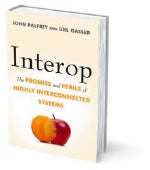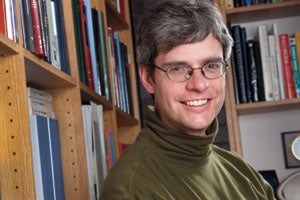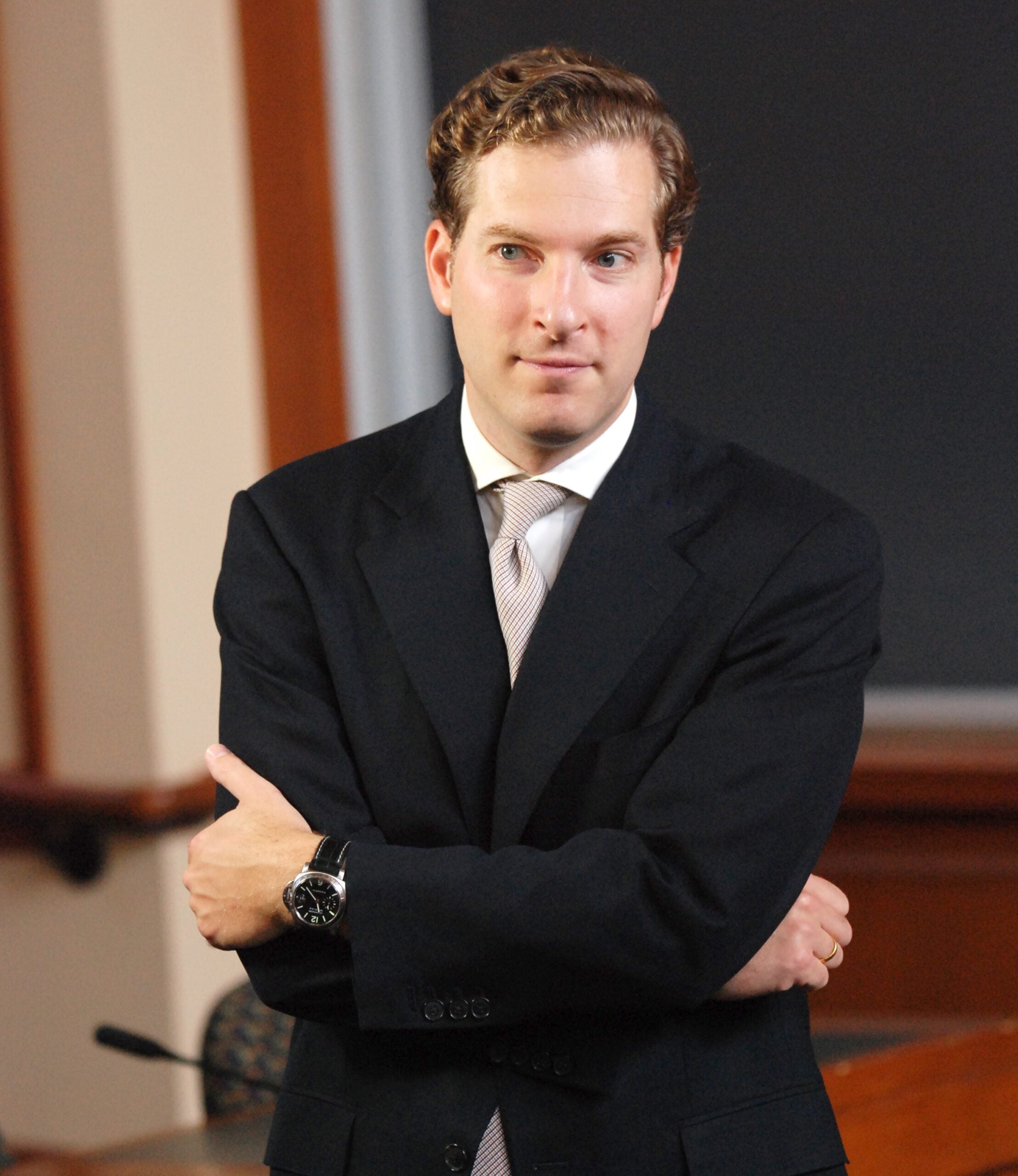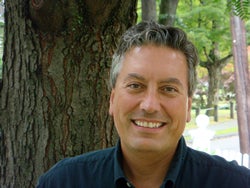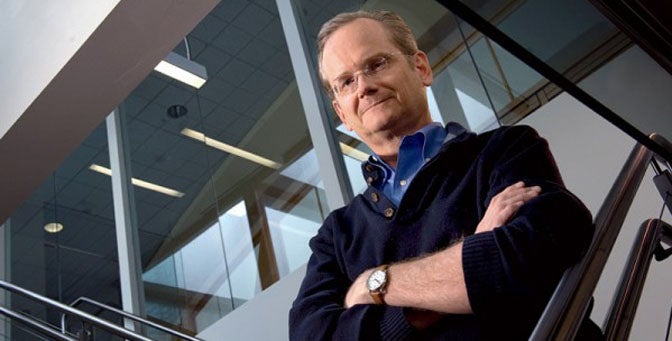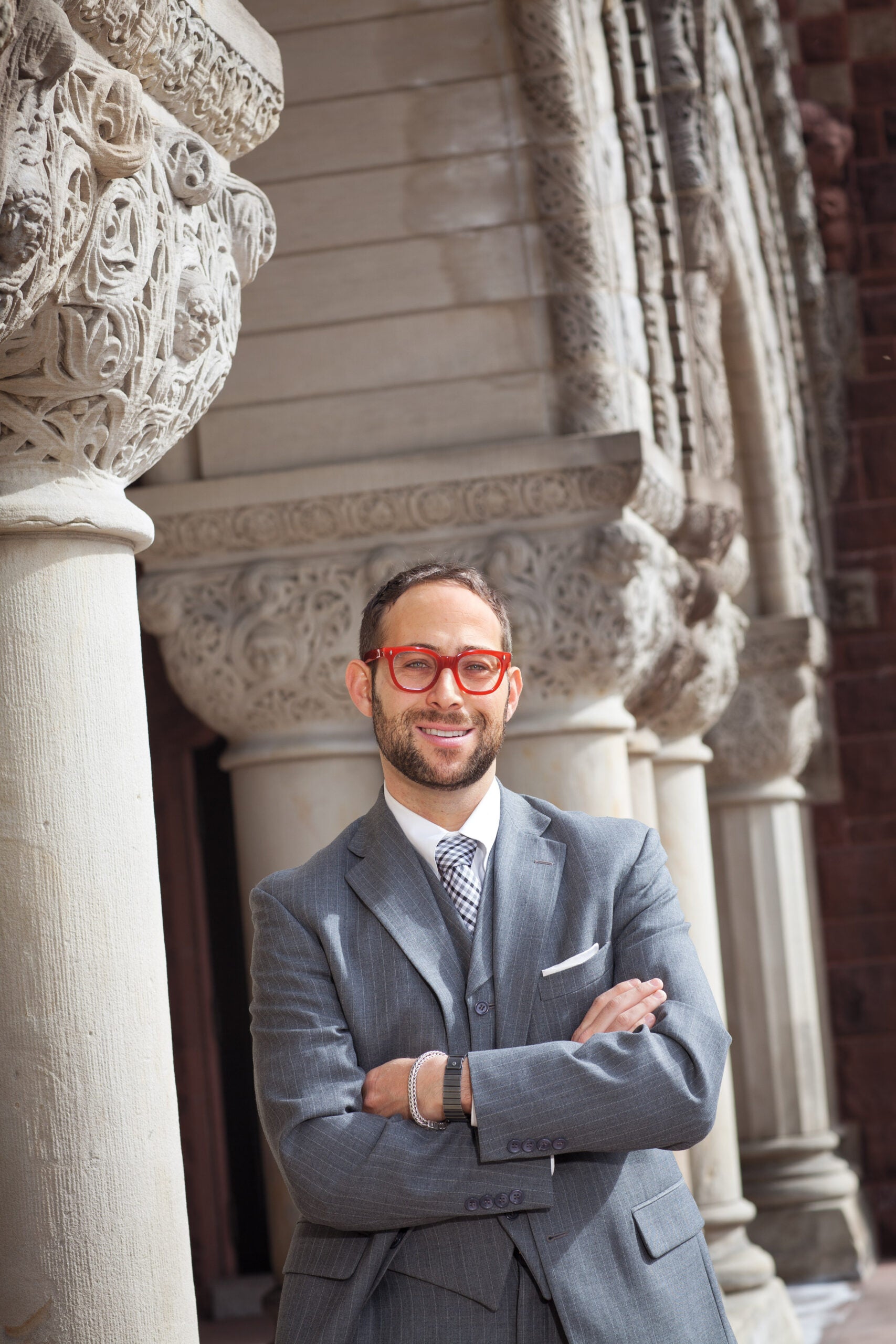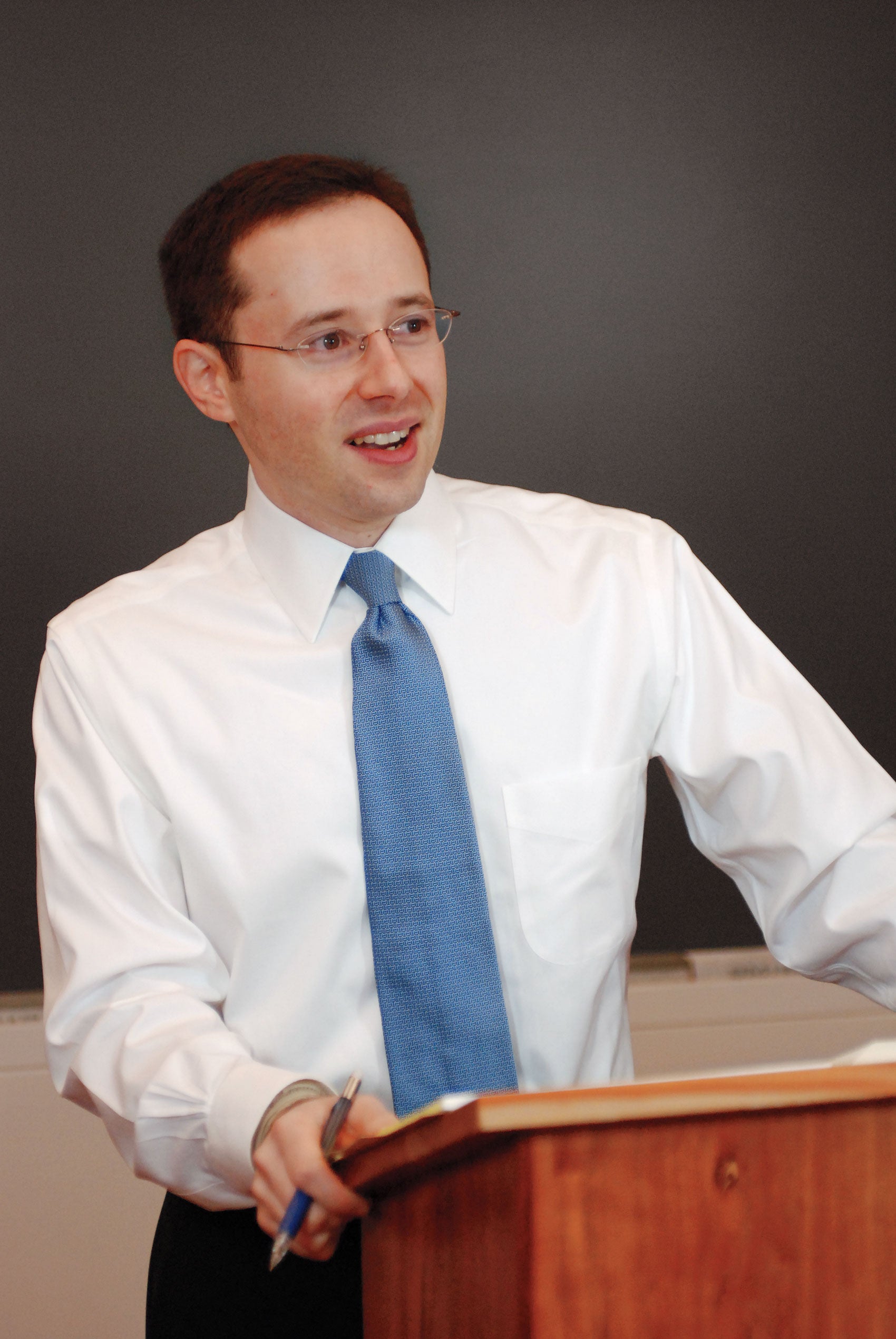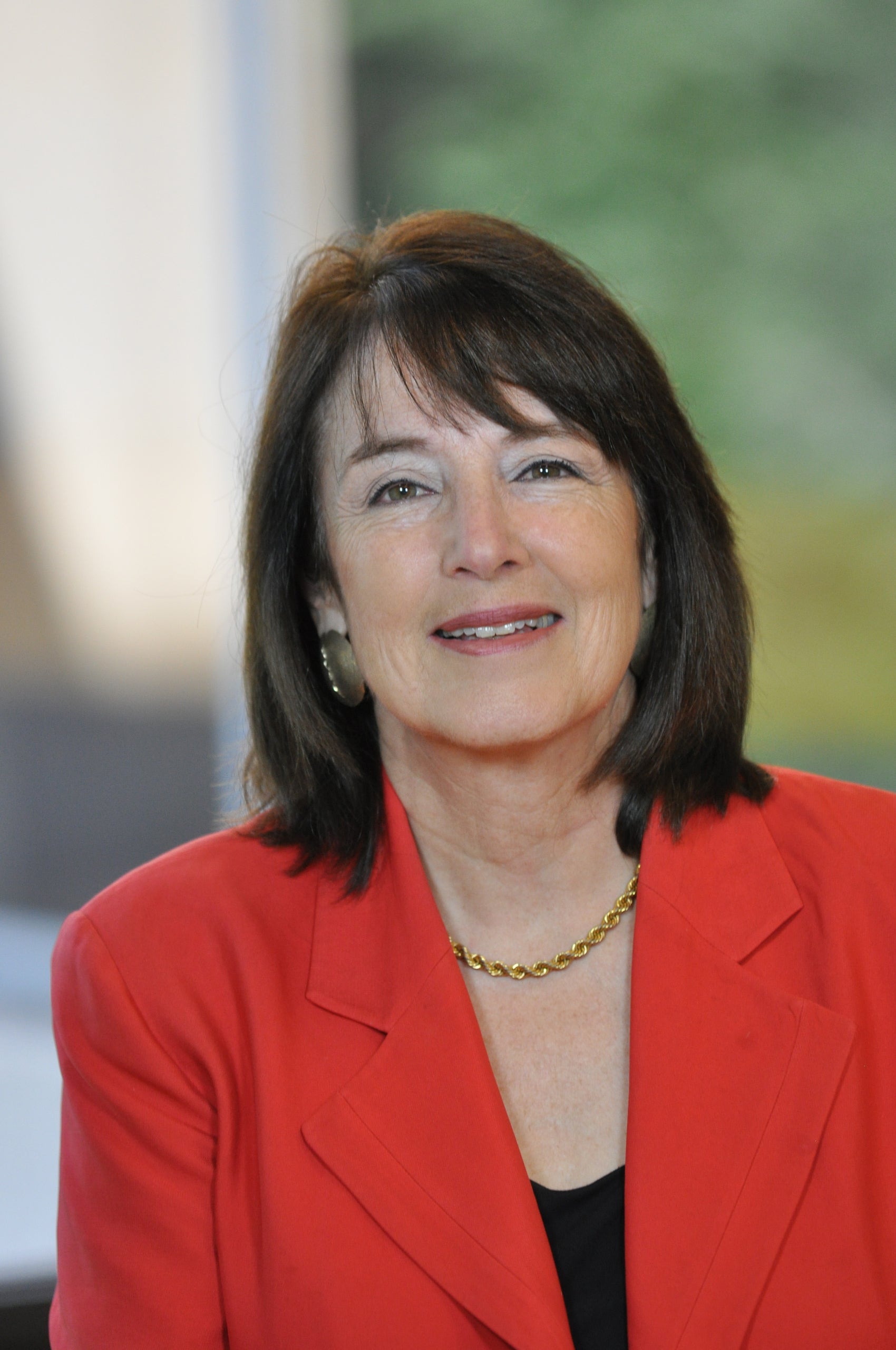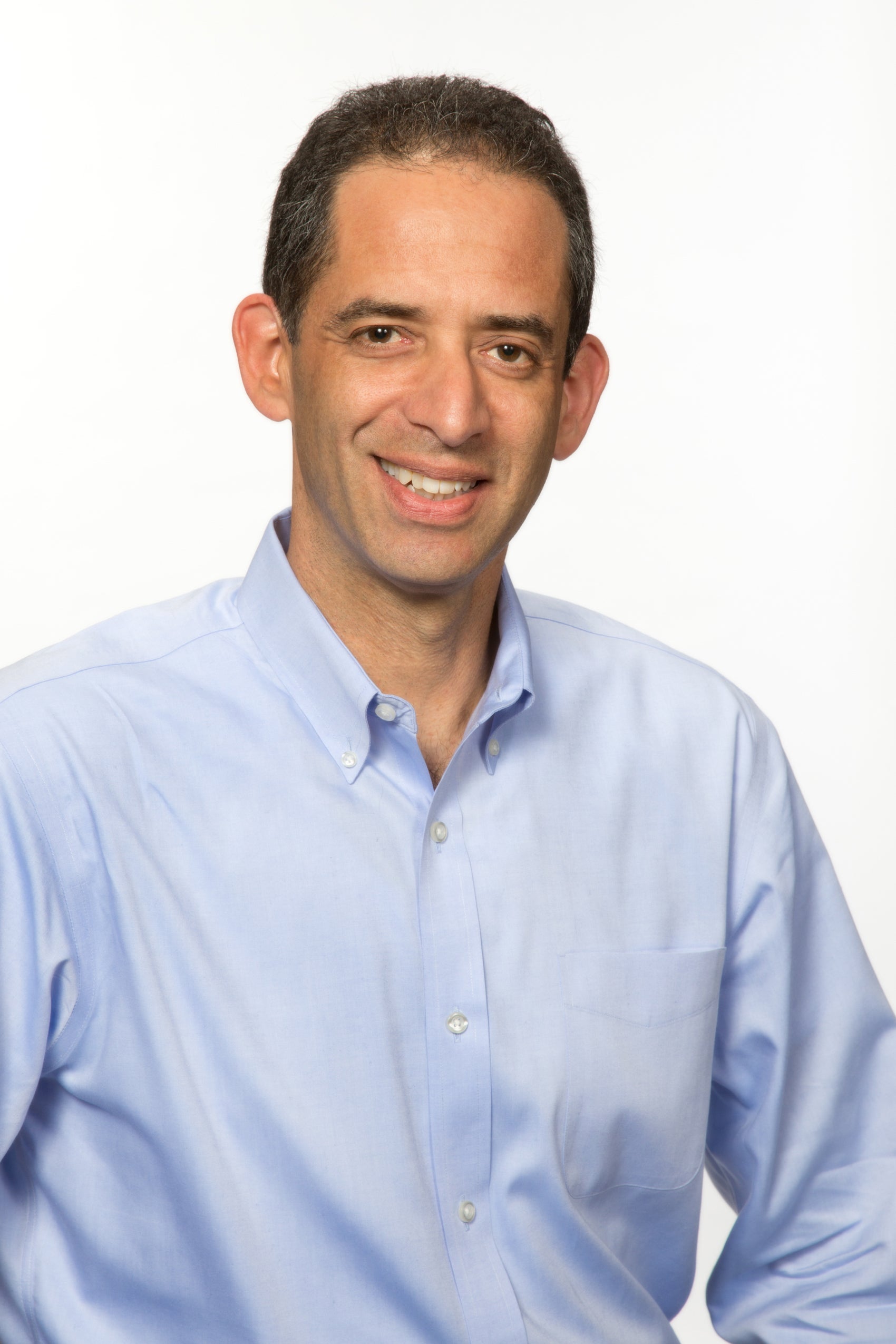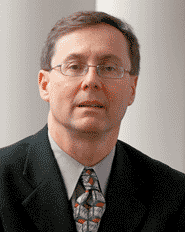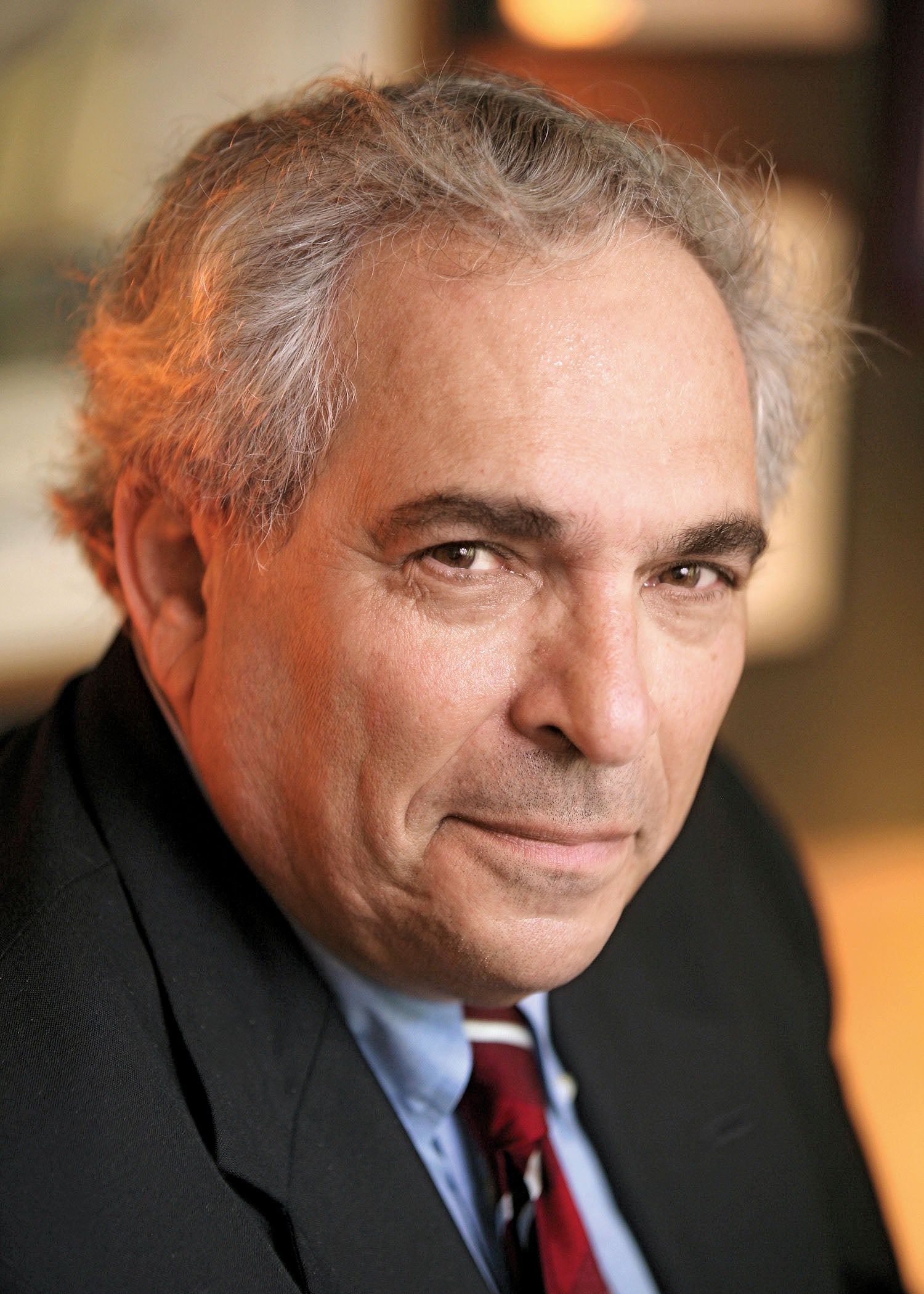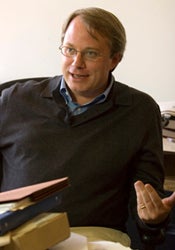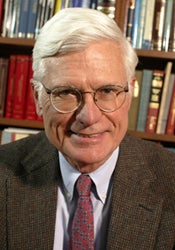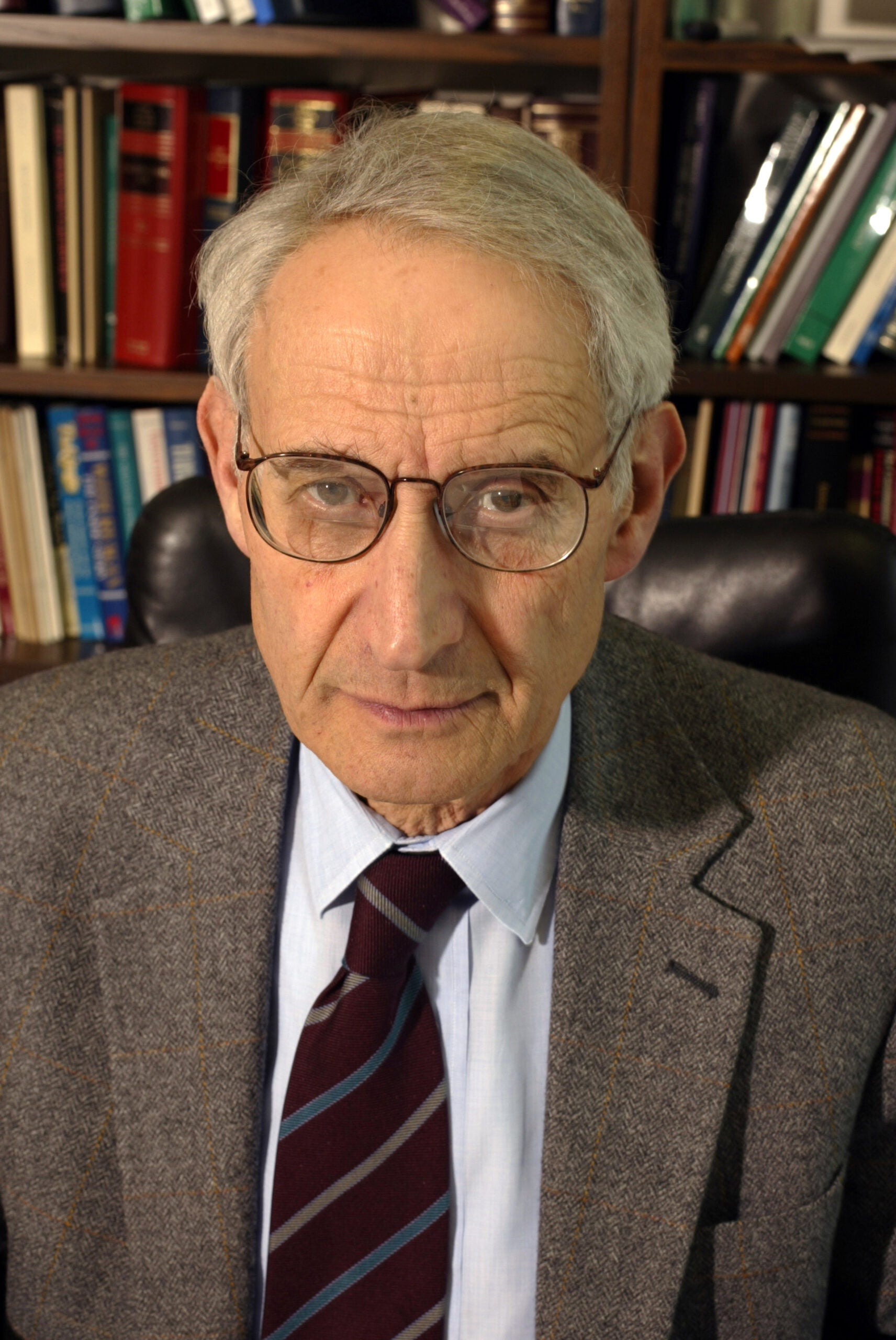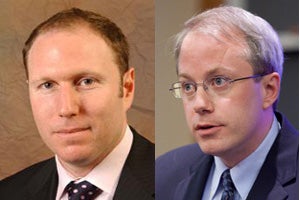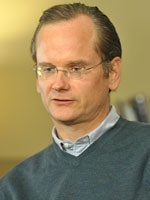Themes
Faculty Scholarship
-
A Theory of Connectivity
October 1, 2012
The highly connected nature of today’s world has all sorts of benefits—but all sorts of potential costs as well, from loss of control of private data to a world financial system so intertwined that when one part of it falls, it’s hard to keep other parts from toppling along with it. In “Interop: The Promise and Perils of Highly Interconnected Systems,” John Palfrey ’01 and Urs Gasser LL.M. ’03 draw on their work at the HLS Berkman Center for Internet & Society to start developing a “normative theory identifying what we want out of all this connectivity.”
-
Faculty Viewpoints: A No Vote on ID Laws
October 1, 2012
Harvard Law School Professor D. James Greiner is co-author of a recent study on the experience of Boston voters in the election of 2008. As another election approaches, we ask Greiner a few questions about his study and the current efforts to pass tougher voter ID laws.
-
Feldman in Bloomberg View: The view from Tunis—fire, tear gas and normalcy
September 17, 2012
"The view from Tunis: Fire, tear gas, and normalcy," a piece by Harvard Law School Professor Noah Feldman, appeared in Bloomberg View on Sept. 14. Feldman, who is the Bemis Professor of International Law at HLS, is a regular contributor to Bloomberg View and the author of many books, including “Scorpions: The Battles and Triumphs of FDR's Great Justices” (Twelve Books 2010), and “The Fall and Rise of the Islamic State” (Princeton University Press, 2008).
-
Elhauge releases e-book on Obamacare
September 12, 2012
Professor Einer Elhauge ‘86 has released an e-book—titled “Obamacare on Trial” —on the Patient Protection and Affordable Care Act case decided by the Supreme Court. Elhauge raises points that were not aired in the courtroom, including the fact that the constitutional framers themselves had approved mandates to buy health insurance.
-
A radical fix for the republic
September 12, 2012
Lawrence Lessig, the Roy L. Furman Professor of Law and Leadership at HLS and director of Harvard’s Edmond J. Safra Center for Ethics, is the author of “Republic, Lost: How Money Corrupts Congress—and a Plan to Stop It,” an exhaustively researched and passionately argued indictment of Capitol Hill and the money-centered daily dance between lawmakers and lobbyists. As a columnist for Atlantic Magazine and in interviews on national media, he has shared his ideas on how to stop corruption in Congress. He was recently profiled in a Harvard Magazine piece by Jonathan Shaw entitled “A Radical Fix for the Republic.”
-
David Kennedy ’80, Harvard Law School’s Manley O. Hudson Professor of Law and director of the Institute for Global Law and Policy, recently joined a team of former political leaders and diplomats from across Asia in founding the new Asian Peace and Reconciliation Council (APRC), which will work to promote peace and reconciliation in the Asian region through quiet diplomacy.
-
Cohen receives faculty scholar award from Greenwall Foundation
September 5, 2012
The Greenwall Foundation has chosen Harvard Law School Assistant Professor I. Glenn Cohen '03, a leading expert on the intersection of bioethics and the law, to receive one of three Faculty Scholar Awards in Bioethics. The award allows recipients to conduct extensive independent research to help set public policy and standards of clinical practice.
-
Eight Harvard Law School faculty members were recently ranked among the top 100 corporate governance scholars in the world, in all corporate areas, including management, law, economics, and finance. Included on the American Academy of Management’s list of 100 “high-impact scholars” were HLS Professors Lucian Bebchuk, John Coates, Reinier Kraakman, Mark Roe '75, Steven Shavell and Cass Sunstein '78. Former HLS Dean and current Visiting Professor Elena Kagan '86 and HLS Lecturer on Law Leo Strine also were featured on the list.
-
In late July, the Uniform Law Commission approved the Uniform Premarital and Marital Agreements Act (UPMAA) at its annual meeting in Nashville, Tennessee. Harvard Law School Professor Robert H. Sitkoff, whose primary research focus is economic and empirical analysis of the law of trusts and estates, served on the drafting committee for the Act.
-
Gertner in NYT: ‘The right to appeal is an issue of fairness’
August 23, 2012
On August 20, the New York Times’ “Room for Debate” segment explored the question “Do Prosecutors Have Too Much Power?” HLS Professor of Practice Nancy Gertner, a former judge of the U.S. District Court for Massachusetts, was one of five debaters who weighed in on the topic.“You can’t bargain away your right to counsel in a guilty plea deal; you shouldn’t be allowed to bargain away your right to appeal,” writes Gertner.
-
John Goldberg appointed to the Goldston chair at HLS (video)
August 22, 2012
Harvard Law School Professor John C.P. Goldberg has been appointed to the Eli Goldston Professorship of Law. Goldberg, an expert in tort law, tort theory and political philosophy, joined HLS as a tenured faculty member in 2008. Previously, he was Professor of Law and Associate Dean for Research at Vanderbilt University.
-
Harvard Law School Professor Annette Gordon Reed ’84 -- a recipient of the National Book Award for Non-Fiction, the Pulitzer Prize in History, a MacArthur Fellowship, a Guggenheim Fellowship, The Dorothy And Lewis B. Cullman Center for Scholars and Writers Fellowship, and a National Humanities Medal -- has been appointed to the Charles Warren Professorship of American Legal History.
-
Bebchuk on shareholder disclosures
August 17, 2012
Harvard Law School Professor Lucian Bebchuk LL.M. '80 S.J.D. '84 published an op-ed in the New York Times' DealBook on Aug. 15 entitled, “Don’t Discourage Outside Shareholders.” The op-ed is in response to a proposed rule being considered by the Securities and Exchange Commission that narrows the timeframe in which shareholders must disclose when they hold five percent or more of a company’s holdings.
-
Scott in NYT: The Global (Not Euro-Zone) Crisis
August 16, 2012
In an Aug. 15 op-ed published in The New York Times Global Edition, Harvard Law School Professor Hal Scott weighs in on the European economic crisis and the need for international action in resolving it.
-
Vermeule in TNR: Constitutional conventions
August 8, 2012
In light of the late-June Supreme Court decision on the constitutionality of the Patient Protection and Affordable Care Act, Harvard Law School Professor Adrian Vermeule '93 recently reviewed Michael J. Gerhardt's "The Power of Precedent" (Oxford University Press) for The New Republic’s online review ‘The Book.’ According to Vermeule, Gerhardt's book is a “learned overview” of the role of past decisions in today's legal system.
-
On Wednesday, Aug. 1, Alvin C. Warren, Ropes & Gray Professor of Law at Harvard Law School, testified before the U.S. Senate Committee on Finance at a hearing entitled, “Tax Reform: Examining the Taxation of Business Entities,” which examined the impact of tax reform on American businesses and corporations.
-
Harvard Law School Professor Charles Fried has written a major article analyzing the Supreme Court’s late-June decision on the Patient Protection and Affordable Care Act. The article, which is scheduled to appear in an upcoming issue of the Journal of Health Politics, Policy and Law, and also in a volume to be published by Oxford, has been given a rare advance publication by SCOTUSblog, which posted it on August 2.
-
In their recently published paper, “Delegating to Enemies” (Columbia Law Review, forthcoming), Harvard Law School professors Jacob E. Gersen and Adrian Vermeule ’93 examine the longstanding practice of leaders who choose to delegate to ideological “enemies” whose viewpoints differ greatly from their own.
-
Harvard Law School Media Roundup: From Gun Control to the Roberts’s Court to the Arab Spring
July 26, 2012
Over the past week, a number of HLS faculty members shared their viewpoints on events in the news. Here are some excerpts.
-
On Tuesday, July 24, Harvard Law School Professor Lawrence Lessig testified before the Senate Judiciary Committee’s Subcommittee on the Constitution, Civil Rights and Human Rights at an open-session hearing titled “Taking Back Our Democracy: Responding to Citizens United and the Rise of Super PACs.”
-
Gertner honored by National Association of Women Lawyers
July 18, 2012
The National Association of Women Lawyers (NAWL) has awarded its highest honor, the Arabella Babb Mansfield Award, to Harvard Law School Professor of Practice Nancy Gertner.
